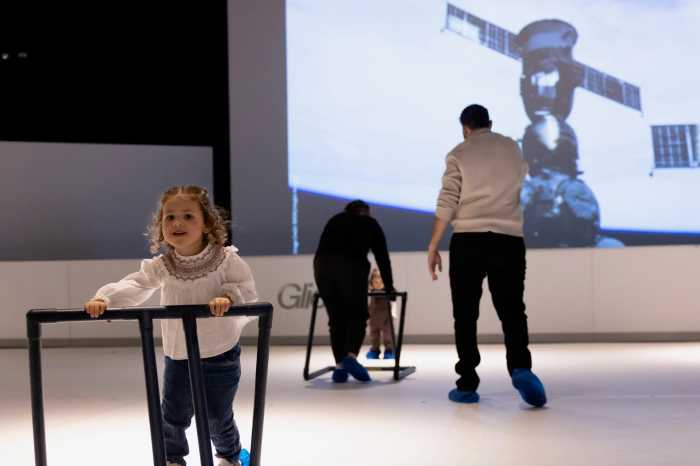Your child has gone to day camp, and now he wants to try sleep-away camp. How do you decide if he is ready? And how do you choose which type of camp will be right for him?
You may turn to the Yellow Pages, the Internet, friends, or to relatives. And they all may have different suggestions — “Go for single sex,” “You really want co-ed,” “All sports, he’ll love it,” “You need a well-rounded camp.”
The most important part of choosing a camp is assessing your child’s interests, strengths and personality in order to find the best program, in the best location, for the appropriate length of time to suit your child’s — and your family’s — needs. It can be overwhelming and daunting to cull from the many options that are available to children during the summer.
If possible, visit the camps. Each camp has its own strengths and philosophies, so by spending time at a camp, you can get a sense of how your child would fare in that environment. Plus, this gives you an opportunity to meet directors and head counselors. You’ll also get the opportunity to compare and contrast the many aspects of camping.
Spending time at each camp will also help your child. Many younger children hear about sleep-away camp from babysitters, children at school, or older kids. If there is no one in your family who has gone to camp, the thought of sleep-away camp might conjure up all sorts of images in your child’s mind. Even if he is resistant to the idea of sleeping away during the summer, visiting a camp now may eliminate the fear of the unknown and spark enthusiasm. Many camps may even allow the him to stay overnight, or even attend camp for several days.
Camps and summer programs range from traditional to travel, academic to special needs, sports to fine arts and religious — not to mention co-ed, single sex, half-summer only, full-summer only, flexible weeks — the list is endless.
Here are some options:
Traditional camps
These camps offer a tremendous variety of activities and special events, from color war to inter-camp tournaments to barbecues. Typically, traditions, songs and activities are passed down through the generations of campers. These camps are generally located in rural settings and provide a range of living conditions and facilities.
Specialty camps
Whether it’s sports, fine and performing arts, outdoor wilderness, academic, or travel camps, these specialty camps provide campers with a single focus to help them develop skills. Campers benefit from small groups and intensive instruction in their area of focus.
Special-needs camps
Children with special needs gain a sense of independence in a secure environment at these overnight camps. The owners, directors and staff at special needs camps are well equipped to understand and manage problems that may arise. Their low staff-to-camper ratio and nurturing environment provide these children with an experience they won’t soon forget.
Teen tours
For adolescents entering sixth grade and older, teen tours provide lifetime experiences that help them build confidence, gain independence and hone their social skills. Tours can last from two to six weeks and range from U.S. trips to trips in Canada, Alaska, Europe, Australia and beyond. Shorter regional trips are available to younger teens, while older teens can explore places and cultures around the world.
Pre-college study
High school students who are looking to prepare for college or careers have tremendous options today. There are many programs available on college campuses both in the United States and abroad. Students can take courses that interest them — sometimes for college credit — and preview what life is like as a college student.
Language immersion
Whether it’s living with a family in a home stay, taking intensive language classes, or traveling in a foreign country, many opportunities exist to learn a new language or improve upon a language of study.
Community service
From Tanzania to New Orleans, service options exist domestically and in many areas around the world. A teen can participate in a construction project, help children in an orphanage, work with senior citizens, assist in an animal shelter, teach, or work on environmental projects.
Internships
Teens can live in a city of their choice and get real hands-on work experience in a field of interest. Internships are available in many fields including fashion, advertising, law, medicine, and real estate. By working in the corporate world, teens can gain independence, self-knowledge, and experiences to help shape their search for college and for life beyond.
• • •
While the task may be daunting, being an educated parent will make the decision-making process much easier. Being able to compare and contrast the many programs will help narrow down the choices. When the suitable camp or program is selected, it will provide growth in your child through the acquisition of new skills, new relationships, and, most importantly, cherished memories.
Laurie Roberts Karol is a former camp director and is currently a professional camp consultant with The Camp Experts and Teen Summers, a free advisory service that guides families through the decision-making process and assists in planning summer camp visitations. For more information, visit www.campexperts.com. Contact Laurie at (516) 780-6464, (718) 766-8005, or laurie@campexperts.com.












